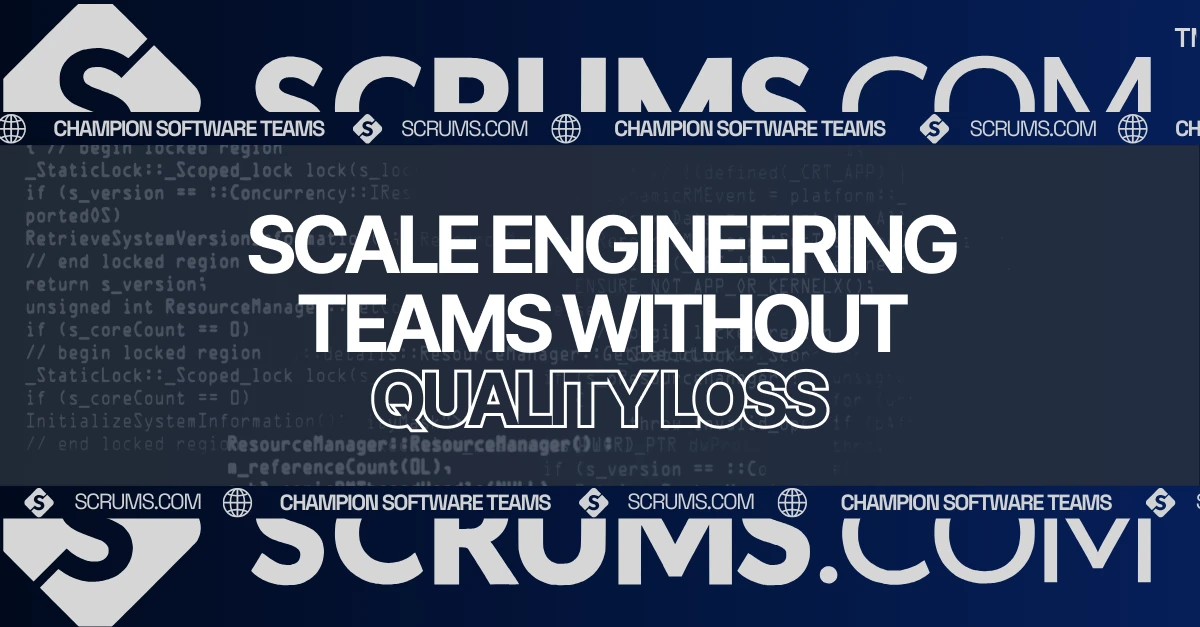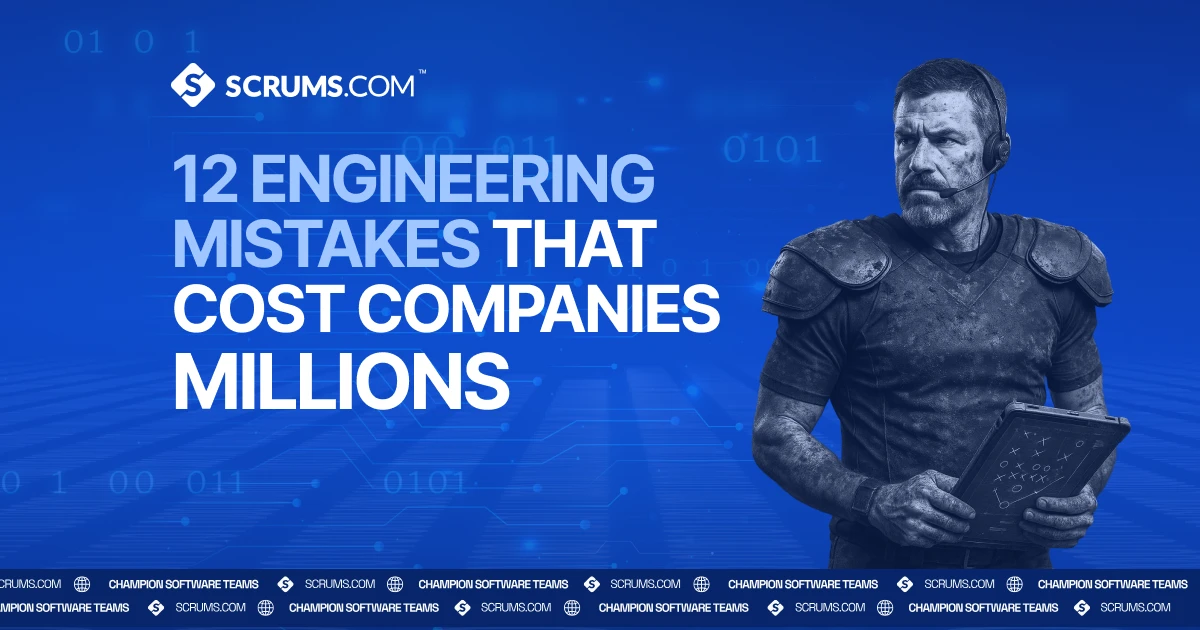Jenkins: Automate CI/CD Pipelines
Introduction to Jenkins
Jenkins is a powerful open-source automation server that is critical in continuous integration and continuous delivery (CI/CD) pipelines. It is highly valued in software development for its ability to streamline and automate tasks, making it a crucial asset for business owners and CTOs aiming to enhance their software development processes and maintain a competitive edge.
What is Jenkins?
Jenkins is an open-source automation tool written in Java that helps automate parts of the software development process related to building, testing, and deploying applications. Developed initially as "Hudson" in 2004 by Kohsuke Kawaguchi, Jenkins emerged as a separate project in 2011 due to legal disputes, quickly becoming a cornerstone of CI/CD practices worldwide.
Jenkins is particularly effective in projects that require frequent builds, testing, and deployment processes, making it ideal for large-scale projects, agile teams, and DevOps environments. Its flexibility and extensibility allow teams to integrate with various tools and technologies, making it suitable for almost any development workflow.
Core Features and Functionalities
Jenkins offers a comprehensive range of features designed to support both business needs and technical development teams:
Pipeline as Code: Allows the creation of complex CI/CD pipelines using code, promoting automation and reducing manual errors.
Extensive Plugin Ecosystem: Over 1,800 plugins are available to extend Jenkins' capabilities, integrating with tools like Git, Docker, Kubernetes, and more.
Distributed Builds: Jenkins supports the distribution of builds and testing across multiple machines, optimizing resources and speeding up development.
Automation and Scheduling: Automates repetitive tasks and schedules builds, tests, and deployments, enhancing productivity.
Scalability and Flexibility: Suitable for projects of all sizes, Jenkins scales efficiently and adapts to changing needs.
Secure and Compliant: Provides robust security features, such as role-based access control, audit logs, and secure credential handling.
These features deliver significant business value by reducing development cycle times, minimizing errors, and enhancing overall productivity and quality.
Benefits for Businesses and Development Teams
For Businesses:
- Improved ROI: Automation reduces manual intervention, allowing faster releases and time-to-market, which directly impacts revenue.
- Cost Reduction: Minimizes costs associated with manual testing, deployment errors, and lengthy development cycles.
- Competitive Advantage: Faster and more reliable releases keep businesses ahead in a highly competitive market.
- Better Quality Assurance: Automated testing and feedback loops ensure higher quality software, reducing post-release bugs and issues.
For Developers:
- Ease of Use: Jenkins offers a user-friendly interface and extensive documentation, making it accessible for developers of all levels.
- Flexibility: Supports various programming languages and integrates with almost any tool in the DevOps pipeline.
- Enhanced Collaboration: Facilitates collaboration among development, QA, and operations teams through integrated workflows.
- Support for Agile Workflows: Seamlessly integrates with agile methodologies, supporting rapid iterations and continuous feedback loops.
Use Cases and Applications
Jenkins is versatile, catering to multiple industries and development environments. Some notable use cases include:
DevOps Workflows: Automating the entire CI/CD pipeline from code commit to deployment.
Continuous Integration (CI): Ensuring code integration from multiple developers is tested and merged without conflicts.
Continuous Deployment (CD): Automating the release of new features and updates to production environments.
Cloud Infrastructure Management: Integrating with cloud platforms like AWS, Azure, and Google Cloud for automated infrastructure provisioning.
Industry-Specific Applications:
- Fintech: Accelerating the deployment of secure and compliant financial software.
- Healthcare: Ensuring continuous integration of medical applications with high-quality standards.
- Ecommerce: Automating updates and feature releases for online platforms, enhancing customer experiences.
Integration Capabilities and Ecosystem
Jenkins integrates seamlessly with a wide array of development tools and platforms:
- Popular Platforms: AWS, Microsoft Azure, Google Cloud, and more.
- Development Tools: GitHub, GitLab, Bitbucket for source control; Docker, Kubernetes for containerization and orchestration.
- CI/CD Tools: Works well with Maven, Gradle, and other build tools, as well as testing frameworks like JUnit, Selenium.
- API Availability: Jenkins provides a robust REST API for automation, integration with custom applications, and extensions via plugins.
Comparison with Alternatives
Jenkins stands out among CI/CD tools like GitLab CI, CircleCI, and Travis CI.
Pros: Highly customizable, extensive plugin ecosystem, strong community support.
Cons: Steeper learning curve compared to simpler tools like CircleCI.
Cost Considerations: Jenkins is open-source and free, while some competitors offer paid plans.
When to Choose Jenkins: Opt for Jenkins when you need a highly customizable CI/CD pipeline with extensive integration capabilities and scalability.
Getting Started with Jenkins
Here’s a step-by-step guide to help business decision-makers and developers start with Jenkins:
- Installation: Download and install Jenkins on a server or local machine. Choose between installing from the source or using pre-built packages.
- Setup: Configure Jenkins, create users, and assign roles. Set up security protocols to protect your pipelines.
- Pipeline Creation: Use Jenkins Pipeline DSL to write pipelines as code, ensuring maintainability and scalability.
- Integration Setup: Connect Jenkins with your repositories (e.g., GitHub, GitLab) and other tools (e.g., Docker, Kubernetes).
- Testing and Deployment: Create automated build, test, and deployment jobs. Monitor results and set up alerts for failures.
- Best Practices: Utilize Jenkins Blue Ocean for a modern and intuitive UI, implement job chaining, and keep plugins updated.
For more detailed tutorials, refer to Jenkins Documentation for tutorials, webinars, and advanced guides.
Related Tools and Resources
- GitLab CI: Explore GitLab CI for an alternative CI/CD solution with built-in source control.
- Docker: Learn how Docker integrates with Jenkins to enhance containerized workflows.
- Kubernetes: Check out the Kubernetes page to understand how Jenkins automates deployments in containerized environment.
Explore Related Software Development Tools
FAQs
We've got you covered, these are some common questions we receive. Not seeing the answer to something?...
Jenkins is open-source and free to use, but there may be costs associated with hosting and maintaining the Jenkins server.
By automating repetitive tasks, reducing manual errors, and speeding up development cycles, Jenkins improves productivity and reduces costs.
Yes, Jenkins integrates with AWS, Azure, Google Cloud, and other cloud platforms.
Jenkins supports most programming languages, including Java, Python, Ruby, and JavaScript, among others.
Jenkins provides robust security features, including role-based access, encrypted secret management, and audit logs.
Jenkins has an active open-source community, extensive documentation, and numerous online resources.
Explore Software Development Blogs
The most recent trends and insights to expand your software development knowledge.








